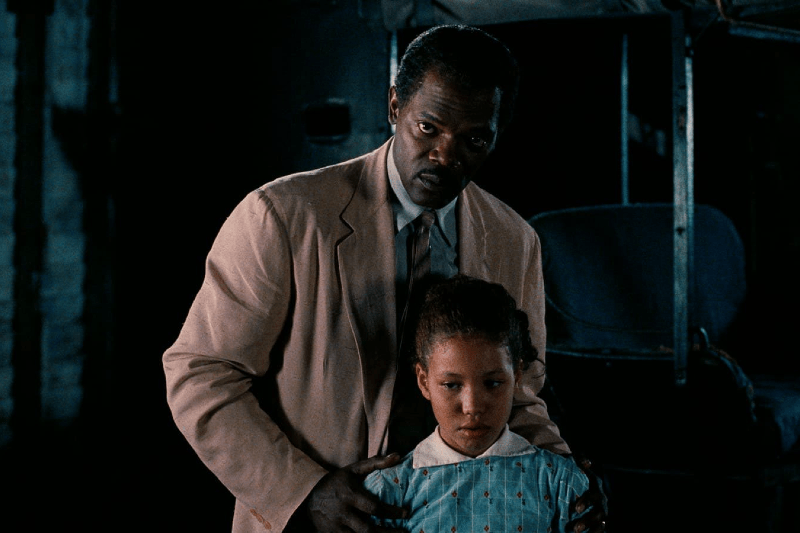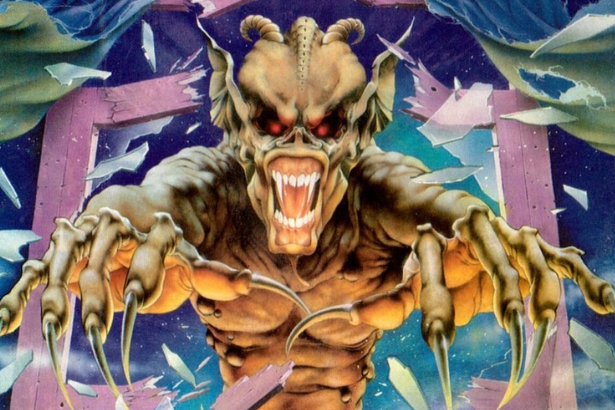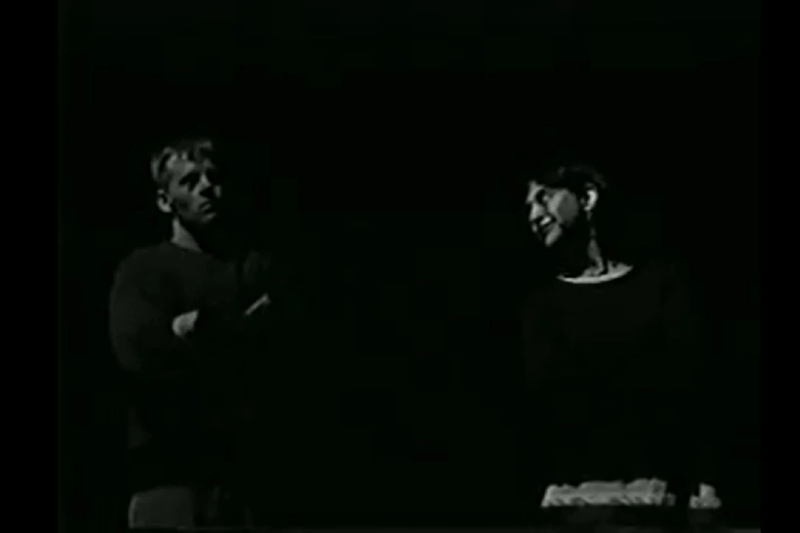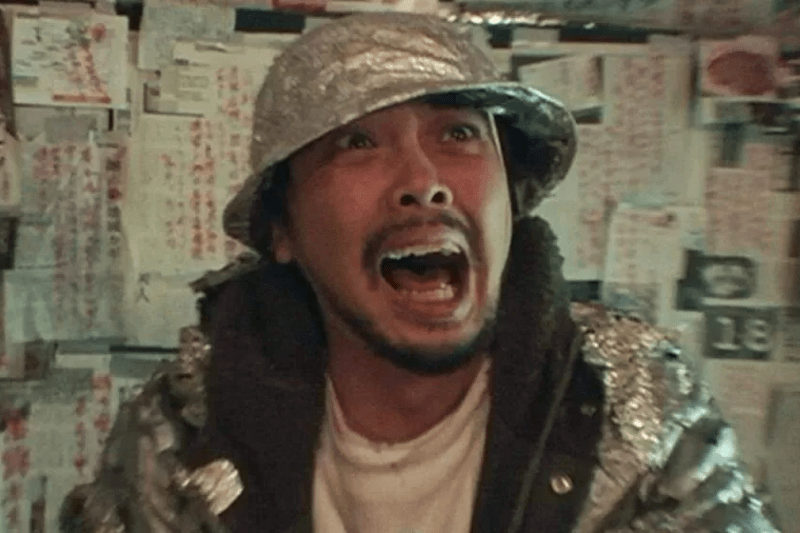Uterus Horror films often focus on the story of one individual. Even if there are two main characters, like in Ginger Snaps and Jennifer’s Body, audiences are still seeing the story of one character told through the eyes of the other. This month’s Uterus Horror installment is a bit different. We are still seeing the story of one young girl through the eyes of another, but we are also watching as the narrator is thrust into adulthood far too soon. This month, we’re talking about Eve’s Bayou.
Released in 1997, Eve’s Bayou is a Southern Gothic film that takes place in 1960s Louisiana. It was written and directed by Kasi Lemmons (Black Nativity, Harriet) and has a star-studded cast including Samuel L. Jackson, Jurnee Smollett, Meagan Good, Lynn Whitfield, and Debbi Morgan. The story is told through the eyes of 10-year-old Eve Batiste (Smollett), a rather precocious young girl who comes from a family of certain wealth and status. Her father, Louis (Jackson), is a respected doctor in the Black community and is beloved by those who know him. On the night Eve’s parents throw a party at their large estate, Eve witnesses her father with another woman. It's a moment that changes Eve's life forever.
Eve tells her older sister, Cisely (Good), what she witnessed. Cisely, known for being a bit of a “daddy’s girl,” tries to convince her sister she must have misinterpreted what she saw. Yet Eve continues to find more evidence that her father is having an affair. As Eve feels a divide grow between her and her parents, she turns to her Aunt Mozelle (Morgan). Mozelle is known in their community as a Hoodoo practitioner and has “the sight,” a gift that Eve discovers she has as well.
At the same time, Cisely also seems to quite suddenly grow more distant from her family. At first, it seems the likely reason is that Cisely is simply going through puberty. She gets her period for the first time and isolates herself from everyone; even the once very close relationship with her father becomes almost non-existent seemingly overnight. Cisely finally confides in Eve the reason behind her changed demeanor. Cisely explains that one night she overheard her parents arguing. She went to comfort her father, not realizing he was drunk, and he tried to molest her. Eve naturally becomes enraged for her sister and immediately takes steps to get back at their father. She secretly goes to ask a Voodoo Priestess to put a curse on her father. Eve also runs into the husband of the woman having an affair with her father and strongly hints at their infidelity.
These events create a domino effect that ultimately lead to that man shooting and killing Eve’s father, despite her regret and attempts to save her father from his inevitable demise. To add to Eve’s guilt, she finds a letter her father wrote to Mozelle before he died. In it, he describes the same night Cisely did in a very different way. His version of events state that Cisely came to him after the fight and kissed him as a daughter at first, but her kiss quickly turned to something more intimate. In his drunken state, he reacted aggressively and slapped Cisely before pushing her away, which angered her. Eve confronts her sister, thinking she lied about what happened. When Cisely can’t recall the exact events, Eve uses her special sight to try to see the truth, which likely sits somewhere between the two versions told by Cisely and her father.
Eve’s Bayou is strange and beautiful in how it tells two very different stories about two very different girls who are forced to grow up too fast. Cisely, while biologically at the point in her life where she would be considered a young woman, is still very much a little girl. She wants so desperately to hold onto her connection with her father. Unfortunately, her biology has other plans. It speaks to how the mind and the body can be very disconnected. It’s no longer acceptable to sit on daddy’s lap. But these changes to lifelong boundaries are not something families usually have open conversations about, which only adds to the confusion and heartbreak for these young girls.
Eve is an interesting Uterus Horror example because she hasn’t gone through puberty. Despite this, she is forced to grow up even faster than her older sister. Eve is not only cursed with a sight that allows her to see things beyond the girl’s maturity, but she is also simply an observant child; she sees the things no one else sees. Her sight rapidly takes her from a typical, happy little girl to a child that knows far more than she should. From the moment Eve sees her father with another woman, she has no option other than to mature swiftly in order to process it all.
Lemmons tells both Eve and Cisely’s stories beautifully. For both of these young girls, the shattered image of who they thought their father was becomes the catalyst for their inevitable maturation. Eve’s Bayou is a wonderful film in how it shows Eve and Cisely, two very different girls, and their equally compelling, yet quite divergent roads to adulthood. Cisely’s journey is more biological, her budding womanhood and sexuality at odds with the sweet daddy’s girl she still sees herself as. Eve’s journey is more connected to her mind. On the outside she is still a child, but on the inside she is processing things many grown women would have a difficult time handling. It’s rare to see two unique Uterus Horror stories within the confines of a single film. Eve’s Bayou lets the audience know that, whether it’s biological or due to outside forces, little girls are forced to grow up far too quickly.
About this series: in a genre typically considered “for the guys,” it’s time to give a nod to the ladies. Uterus Horror is a subgenre of horror films that focuses on the uniquely female experience of puberty and the act of coming into your sexuality, using horror elements to emphasize and/or act as a metaphor for that experience. These films are often ignored in theaters but quickly develop cult followings. Columnist Molly Henery, who named and defined the subgenre, tackles a new film each month and analyzes how it fits into this bloody new corner of horror.







